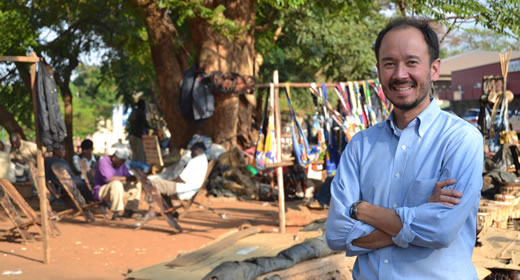
With a series of regulatory changes, the Trump administration is taking us in the wrong direction, making student loans riskier, more expensive, and more burdensome for borrowers.
Susan Dynarski on "The wrong way to fix student debt." The New York Times, May 6, 2017.
Family members of U.S. citizens and permanent residents are relatively easily able to move to the U.S. to escape a [natural] disaster's consequences. Others without such connections are not so lucky, and must find other means of coping with the aftermath.
Dean Yang on ways hurricanes impact migration to the U.S. Fortune, Sept. 18, 2017.
It is becoming increasingly clear that the influence of dark money on our politics is undermining the trust americans have in our government and hindering our ability to create public policy that puts the needs of the people first.
John J.H. "Joe" Schwarz on dark money and politics. The Detroit News, July 11, 2017.
The greatest deliberative body is descending into a system where the majority's policy ends justify any undemocratic means. The minority might as well take a seat in the gallery.
Richard Hall on the Senate healthcare bill process. Detroit Free Press, June 21, 2017.
Are [non-profit and university patent holders] really operating in the public interest when...potentially life-saving inventions are priced so high that access is limited? The public partially underwrites nonprofit discoveries via tax breaks and isn't seeing a lot of benefit in return.
Shobita Parthasarathy on making sure we all benefit when nonprofits patent technologies like CRISPR. The Conversation, July 19, 2017.
Most inquiries yielded a timely and polite response [from local government officials]. But emails [from those] with black-sounding names were 13 percent more likely to go unanswered than [emails from] those with white-sounding names.
Justin Wolfers on pinpointing racial discrimination by government officials. The New York Times, Oct. 6, 2017.
Below is a formatted version of this article from State & Hill, the magazine of the Ford School. View the entire Fall 2017 State & Hill.
